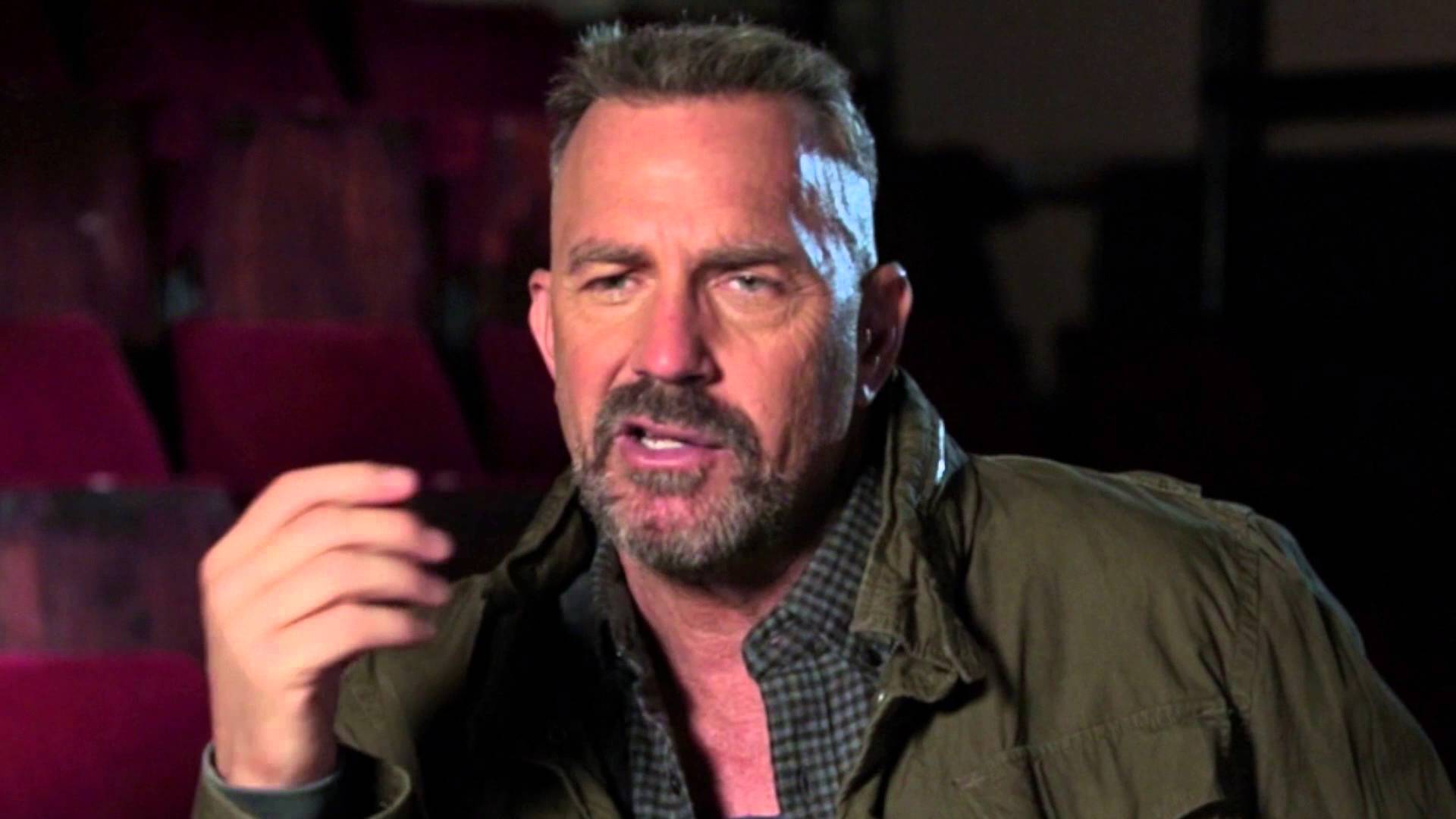Theater Hours: A Tufts Zamboni Series on the Actor’s Process
This issue: Kevin Costner, star of movies such as Waterworld and
Draft Day, on finding the soul of a character.
I have had a long, successful career as an “actor.” I have performed in many films, and people often ask me, “Kevin Costner, how do you do it? How do you have so many different personalities? Are you mentally well?” Well, I’ll let you in on a little secret, known only to the most advanced of thespians: I’m not actually Kevin Costner in those movies. I’m a character. I know it may sound crazy, but it’s something you need to know and understand if you want to succeed, or even just survive in the so-called Show Business.
However, though I am distinct from the character, I certainly let my own life and experiences inform my performance. As an example, I want to use my character “Crash” Davis, from the illustrious baseball film Bull Durham. While “Crash” has many lines, some of them are my own, said by me, Kevin Costner. I make this distinction since, as I explained, I am not “Crash;” I am Kevin.
Perhaps this is a bit confusing, so I’ll provide some examples. In a classic scene, “Crash” is giving a speech about his many beliefs. Some of the beliefs are my own, while some of them are entirely from the character “Crash.”
An example of one of my own is the line where I say “I believe in the cock and the pussy.” This is true, as I believe deeply in the existence in both of these things. The “cock” I believe in since I am actually in possession of one, and have used it many times. For the “pussy,” I believe in it insofar as I have seen photographs of many, both in print and digital form. Since these are deeply held personal beliefs of mine, I felt they would help me transition into “Crash” Davis, and thus I said them with the same level of zeal I feel in my heart.
However, the ultimate goal in the scene is to become the character, distinct and separate from yourself. This is when you can properly deliver the lines provided by the scriptwriter, or perhaps ad-lib ones that the character would say. An example of this type of line is when “Crash” says, “I believe Lee Harvey Oswald acted alone,” a line that I, Kevin, would certainly never say. However, even though this could appear to some to be an irreconcilable difference between “Crash” and I, a true actor uses the questions this difference raises to further explore their character.
How, I wondered when I first read the script, could “Crash” not see that something was off with the story put out by the Warren Commission? A former Marine who “just happens” to have lived for years in Soviet Belarus hatches a plan to assassinate John F. Kennedy with no prodding or support from the Comintern? Oswald calls himself a “patsy” and then is assassinated, in full view of dozens of important law enforcement
officers, by a random nightclub owner? How can “Crash” not smell something fishy there? They expect us to believe that Jack Ruby threw his life away just to save Jackie Kennedy from having to testify? I guess it’s just a coincidence that Ruby was obviously in the mob as well! Ruby would only have responded to one thing: someone must have put the fear of God in him. Important people wanted, nay, needed Oswald to die, and you can bet their motives weren’t pure. How could “Crash,” how could anybody not see that? His head goes backwards for God’s sake! They’ve convinced everyone that when you shoot something it goes towards you! How can they get away with this?
In the end, I decided that this line showed that “Crash” wasn’t special. He questions nothing and accepts the general consensus, no matter what logic and the facts might dictate. In some cases, I was even able to use this insight into his character in other circumstances. For instance, when he says that he believes “that the novels of Susan Sontag are self-indulgent overrated crap,” I can assume that he believes this because he heard it somewhere, not by religiously reading each Susan Sontag novel and then offering thoughtful, yet harsh critiques (as I have).
In conclusion, in order to truly inhabit a character, it can be helpful to identify and explore the differences between your character and yourself, much like when Lee Harvey Oswald’s body was exhumed to test the theory that a Russian agent had been buried in his place. However, it is also important to be honest when assessing the values and qualities of your character, unlike when Oswald’s dental records were doctored so that it would appear that he was indeed the person buried in that grave. I hope that I have been able to offer some insight that young actors can use to help further their own careers.
In the next issue of Theater Hours: John Cusack on how to convey
surprise in film.

